Sunil Bharti Mittal: Punjab’s telecoms tiger taking on BT
Within weeks of Sir Keir Starmer’s general election victory Sunil Bharti Mittal, a self-made Indian billionaire and committed anglophile, had the opportunity to congratulate the prime minister on his new job.
On a cloudy afternoon in the back garden of No 10, Mittal was among a group of senior business luminaries invited to meet Starmer and his new top team. Mittal, 66, is no stranger to such events. An expert networker, he is said to be friendly with India’s prime minister, Narendra Modi, and under Britain’s previous Tory government he received an honorary knighthood for services to UK-India business relations.
During his exchange with Starmer, Mittal, suavely dressed in a sharp grey suit and a velvety blue tie, was flanked at his right arm by CS Venkatakrishnan, better known as Venkat, the India-born American chief executive of Barclays.
Unbeknown to the majority of those present, Mittal, known to some in his country as the “telecoms tiger”, was in the final stages of a months-long plot to establish himself as the largest shareholder in one of Britain’s most significant companies, BT. His company, Bharti Enterprises, was being advised by Venkat’s team of investment bankers.
That deal, under which Bharti would acquire the 24.5 per cent stake of the debt-embattled Israeli magnate Patrick Drahi for about £3.2 billion, was agreed before last weekend and disclosed to Starmer’s government on Sunday evening, ahead of a stock market announcement the next day.
Mittal’s acquisition is not yet complete — Bharti has applied for national security clearance and the process of transferring Drahi’s shares may take months. But allies of Mittal are already speculating about whether the tycoon’s ultimate ambition is to buy the company outright.
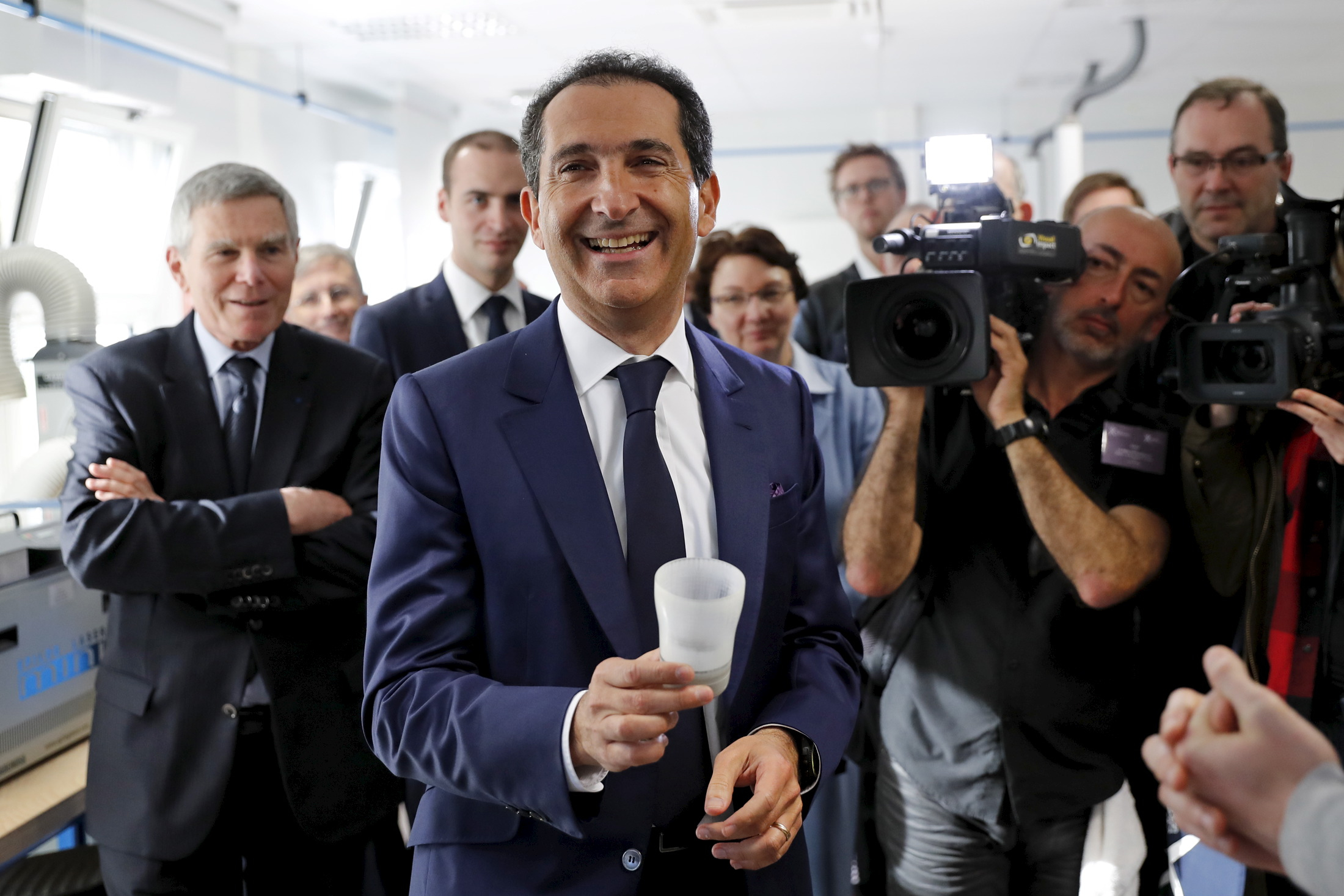
Mittal’s main residence is in Delhi but the billionaire, whose wife and children have British citizenship, keeps homes in Mayfair and near the Scottish resort of Gleneagles.
On Monday morning he was camped in the quaint offices of his PR firm, Brunswick, to speak to the media. The tone he struck was friendly, but his intentions remained fuzzy.
Mittal made it clear that he was supportive of BT’s management, led by the straight-talking Scot, Allison Kirkby, and their strategy. He said that he had not asked for a seat on the board but, setting some alarm bells ringing, he also said that BT needed to be “bolder”.
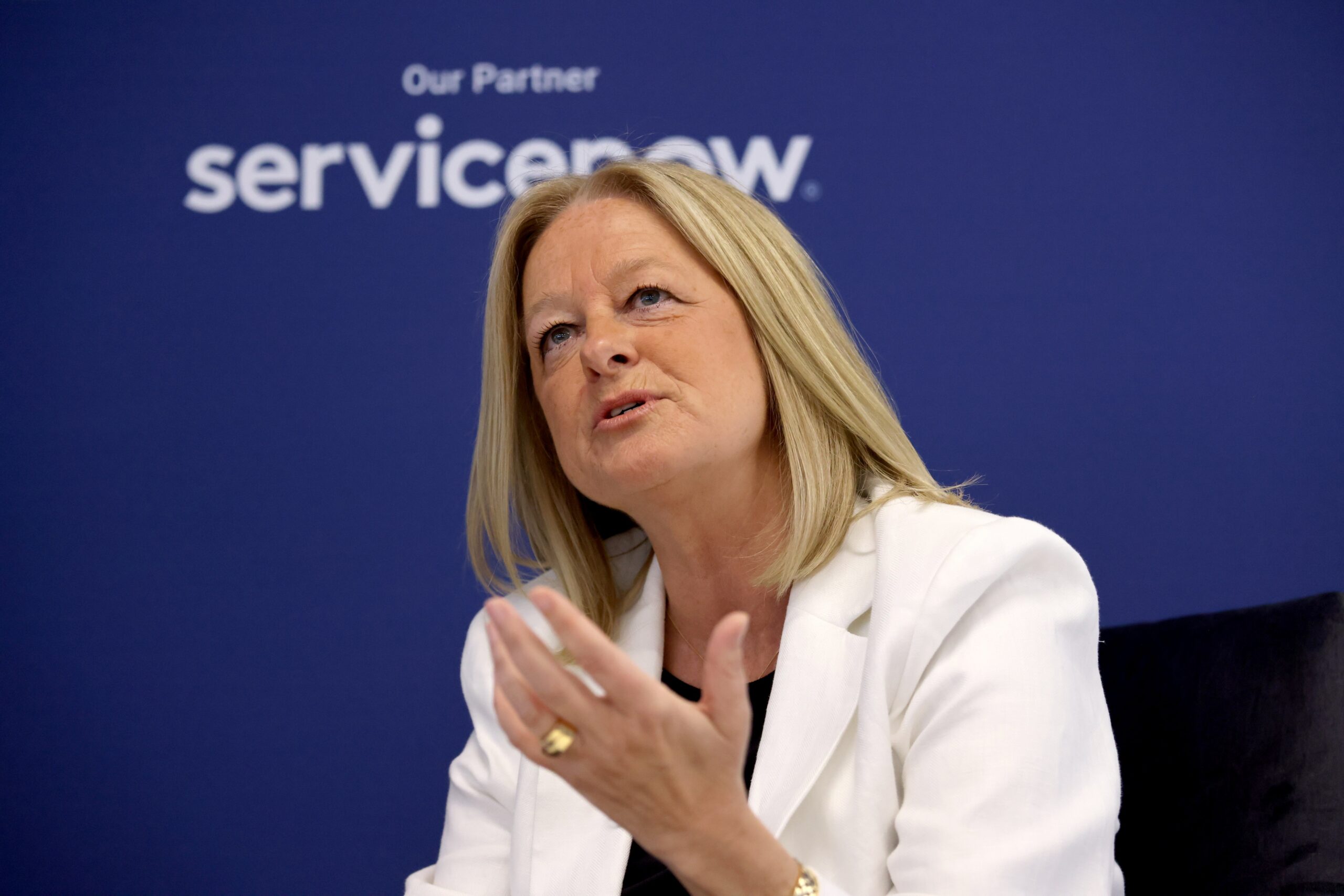
In the days since Mittal disclosed his investment, The Sunday Times has interviewed ten senior figures who are either familiar with the top of BT or who know Mittal well. The consensus among them is that, while Mittal is a charmer who has already built a good rapport with Kirkby, he will expect to have an active role at the company. He has so far shown no interest in taking a board seat, but there is speculation he might after his 24.5 per cent stake is secured.
“In spite of what Sunil says, he’s bought it because he thinks it’s undervalued,” said one former BT executive. “He thinks there’s value that has not been realised. He will expect things to change. He will not be passive.”
Vindi Banga, the chair of UK Government Investments, who has known Mittal for decades from his time as head of Unilever India, said: “I think he will offer advice and encourage the company to be bolder in its ambition, but he’s no activist. Sunil is a very successful telecoms entrepreneur and will no doubt bring his lifetime of experience to the company.”
Mittal’s career, packed with successes, setbacks and schmoozing, provides some clues about how he might seek to inject some entrepreneurial spirit into BT.
Mittal, who gave his middle name to his business empire, was born in Ludhiana, an industrial city in the northern Indian state of Punjab, in 1957. His father was Sat Pal Mittal, who served as an MP in the Congress Party.
At the age of 19, Mittal borrowed 20,000 rupees (£185) from his father to set up a small business manufacturing bicycle parts. He soon began trading other materials, negotiating India’s “Licence Raj” system to gain permission to trade in products including stainless steel, zip fasteners and Japanese electricity generators. Later, he found success in selling push-button telephones when they started to replace rotary-dial models.
Mittal entered the big league in the early 1990s when he won a contract to provide mobile network coverage to Delhi and in 1995 he launched Airtel, the brand that made his name and an estimated fortune of $16.8 billion, making him India’s 11th-richest man.
His biggest challenge came in 2016 when India’s richest man, the industrialist Mukesh Ambani, launched a price war against him with Reliance Jio. The challenger sought to seize control of the Indian telecoms market by offering new customers packages that included free calls, texts and data.
While many rivals crumbled, Airtel retained its place at the top of the market with Jio by offering new high-end products and bundles, and by acquiring smaller companies and assets to prevent its rival from buying them.
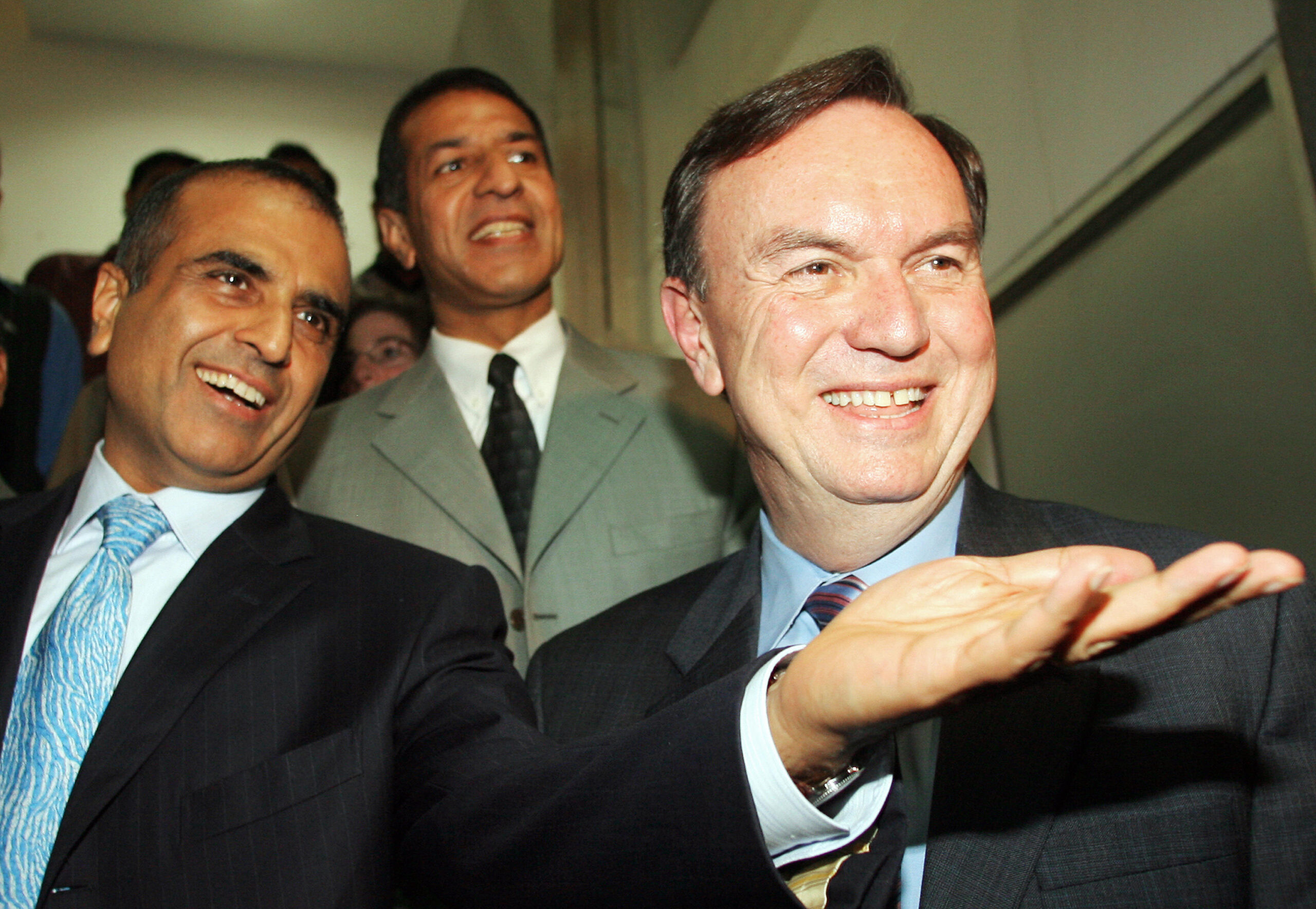
Not all of Mittal’s ventures have been a success, however. A partnership with Walmart to bring the US supermarket giant to India collapsed after six years.
Today, Mittal’s empire includes India-listed Bharti Airtel and Airtel Africa, which floated on the London Stock Exchange in 2019. Mittal’s companies have 550 million customers across 17 countries in south Asia and Africa.
Bharti invested in UK-based OneWeb, the satellite communications company, alongside Boris Johnson’s government in 2021, and it remained a major shareholder when the business merged with French rival Eutelsat last year.
Friends of Mittal say he has been eyeing a piece of BT for years. He first became well acquainted with the business around the millennium when BT bought, and later sold, a 21 per cent stake in Bharti Airtel. Since then, he has retained friendly relations with BT’s various bosses.
In February this year, as the extent of Drahi’s debt problems were becoming apparent, Lord Grimstone of Boscobel, a former minister who worked on the government’s OneWeb investment, visited Mittal’s home in Delhi. Over drinks — Grimstone sipping whisky, his host tequila — he floated the idea that Mittal should invest in BT.
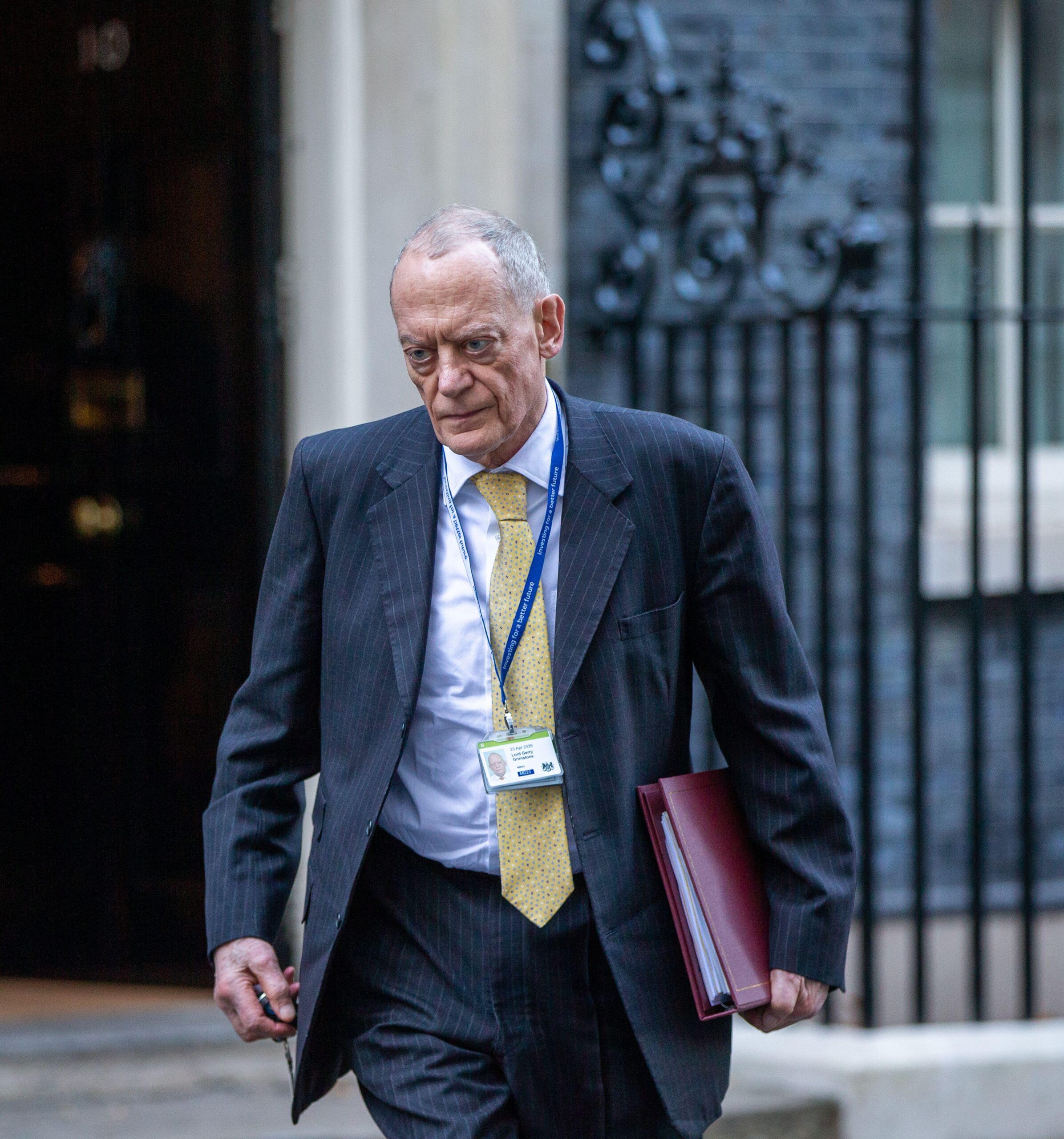
Allies of Mittal say this would have already been on his mind. By March, his team were combing through BT’s financial figures, using the work and expertise of media-focused Enders Analysis to form a ten-year outlook on the company’s prospects.
Mittal’s move on BT could be interpreted as unwelcome for Kirkby, a former BT board member who started as chief executive in February. Although Mittal offers more stability than a debt-imperilled Drahi, one former BT executive suggests “she will have concerns privately” about how interventionist Mittal might prove.
But several sources said Kirkby, who was working from Spain last week before the start of a family holiday, had been actively pushing for Mittal to buy out Drahi. After being introduced by Enders Analysis boss Claire Enders, Kirkby has met Mittal several times in recent months.
On Monday she described the investment as a “great vote of confidence in the future of BT Group and our strategy”. Her predecessor, Philip Jansen, was believed to be a strong supporter of Bharti and believes his involvement in BT would benefit the company.
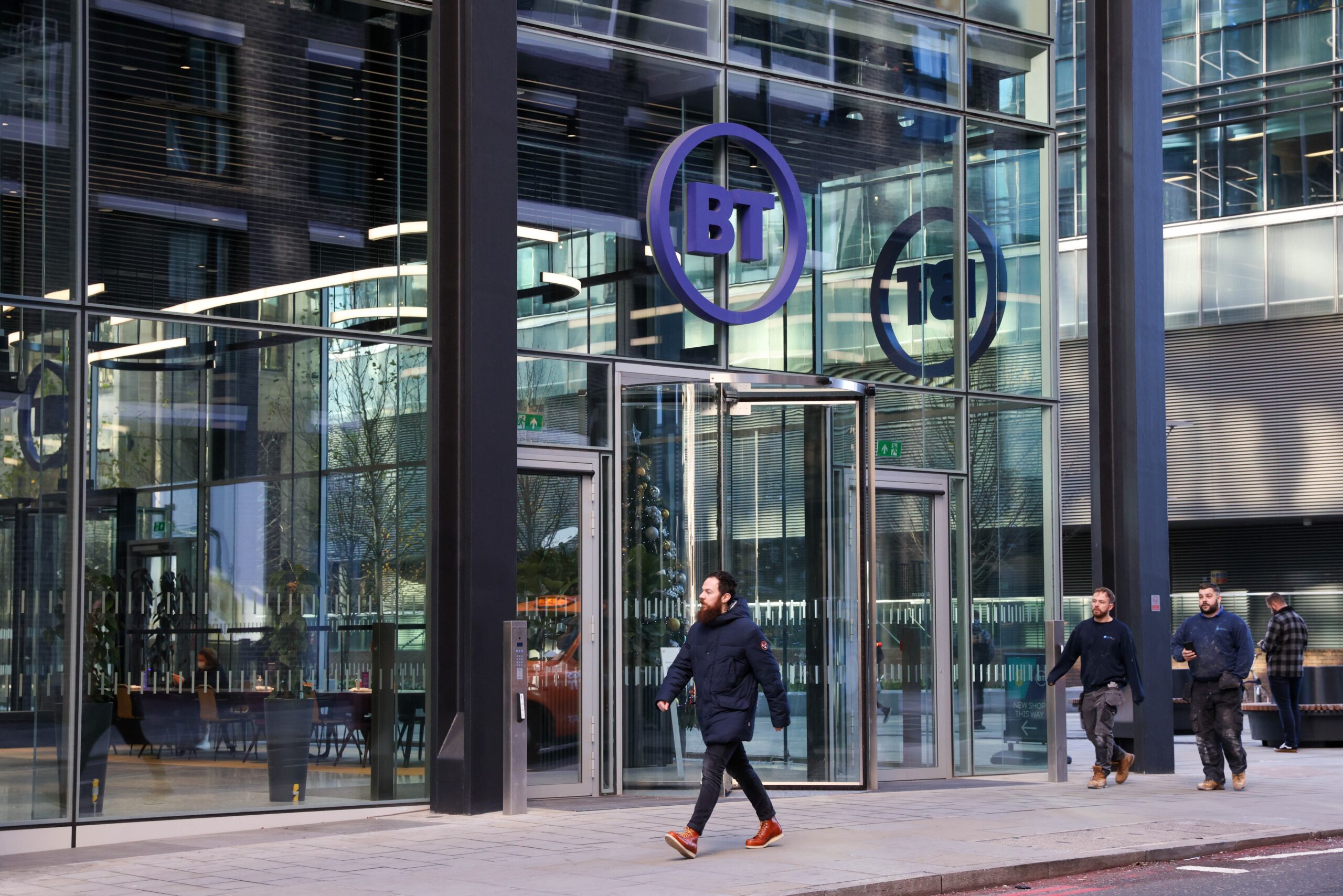
Mittal has said that he supports BT’s corporate strategy. The company plans to complete its £15 billion rollout of full-fibre broadband across the country by the end of 2026, at which time it should start to reap the benefits of its expenditure in profits.
Kirkby announced a new £3 billion of cost savings in May, raised the company’s dividend, and said the company would be more focused on its home market, suggesting that BT could cut back on its resources overseas while partnering with foreign companies.
This might fit in with Mittal’s agenda. Allies suggest that he will encourage BT to strike new deals and partnerships with his Airtel business, as well as Eutelsat. BT already does some work with Eutelsat.
Chris McLaughlin, OneWeb’s former government affairs chief, who worked closely with Mittal, said that a closer tie-up with Eutelsat “made sense” and could result in BT being able to offer business customers a “resiliency layer” to insure against ground networks going down. For example, if BT’s fibre broadband were to be hit by a cyberattack, customers could access the internet through Eutelsat’s satellites instead.
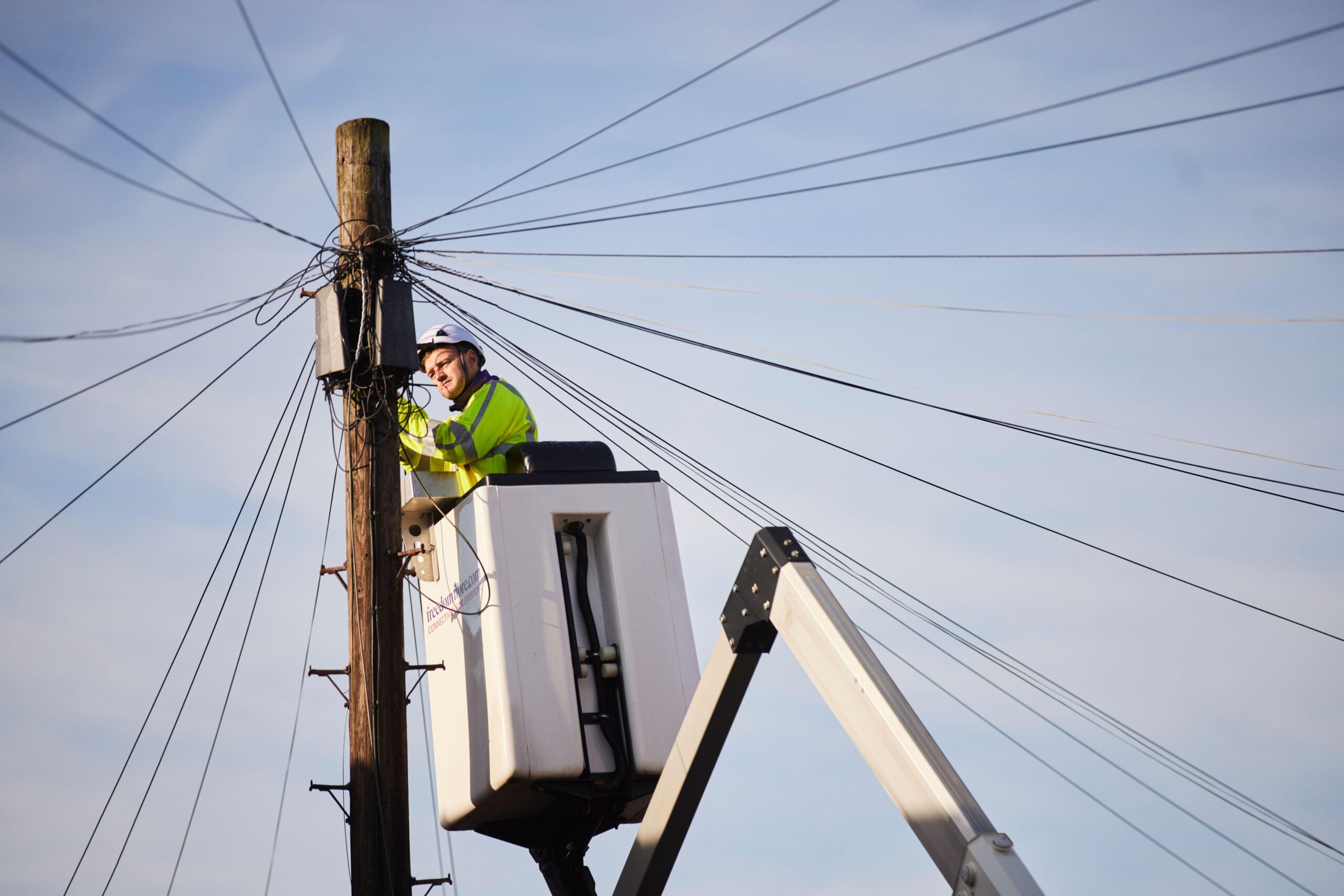
A Bharti spokesman said: “I am sure that there is scope for more collaboration and a deeper partnership [with Eutelsat], but that is a decision for the BT management team to make.”
Some sources suggest that Mittal may also push for BT to work more with Deutsche Telekom (DT), the German state-backed telecoms giant that owns 12 per cent of its UK counterpart. One source theorised that BT, DT and Airtel would make a formidable force if they pooled some of their resources. Their combined customer base, for instance, could appeal to tech giants seeking partners to help sell new products.
On the question of whether Mittal ultimately intends to take BT off the stock market and into his Bharti empire, his friends are divided. Some privately think a full takeover is the plan.
Alok Sama, the former president and chief financial officer of SoftBank Group International, said that he had talked to his friend and sometime client Mittal “several times” about a BT deal during the past year. He did not go so far as to predict he would buy it outright, but did say: “If an opportunity to increase his stake and influence comes along in the future, I think he’ll take it — and the company will benefit.”
Grimstone played down the possibility. “I think it would be wrong to see this as the first step in some master plan to take over BT,” he said. Others feel that Bharti, as an Indian company, would be blocked from any attempt to acquire full control of a company that is classified as being part of Britain’s critical national infrastructure.
Whether a full takeover is Mittal’s grand plan or not, with a stake of 24.5 per cent in BT already established, Punjab’s telecoms tiger will play a major role in shaping the future of Britain’s telecoms industry.
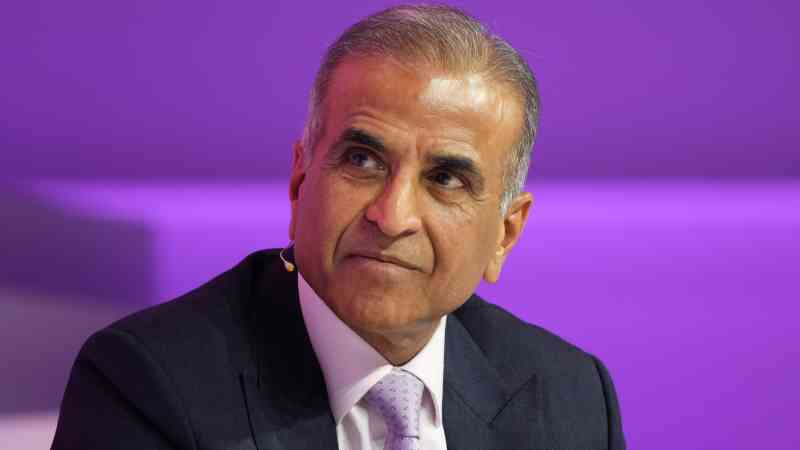



Post Comment